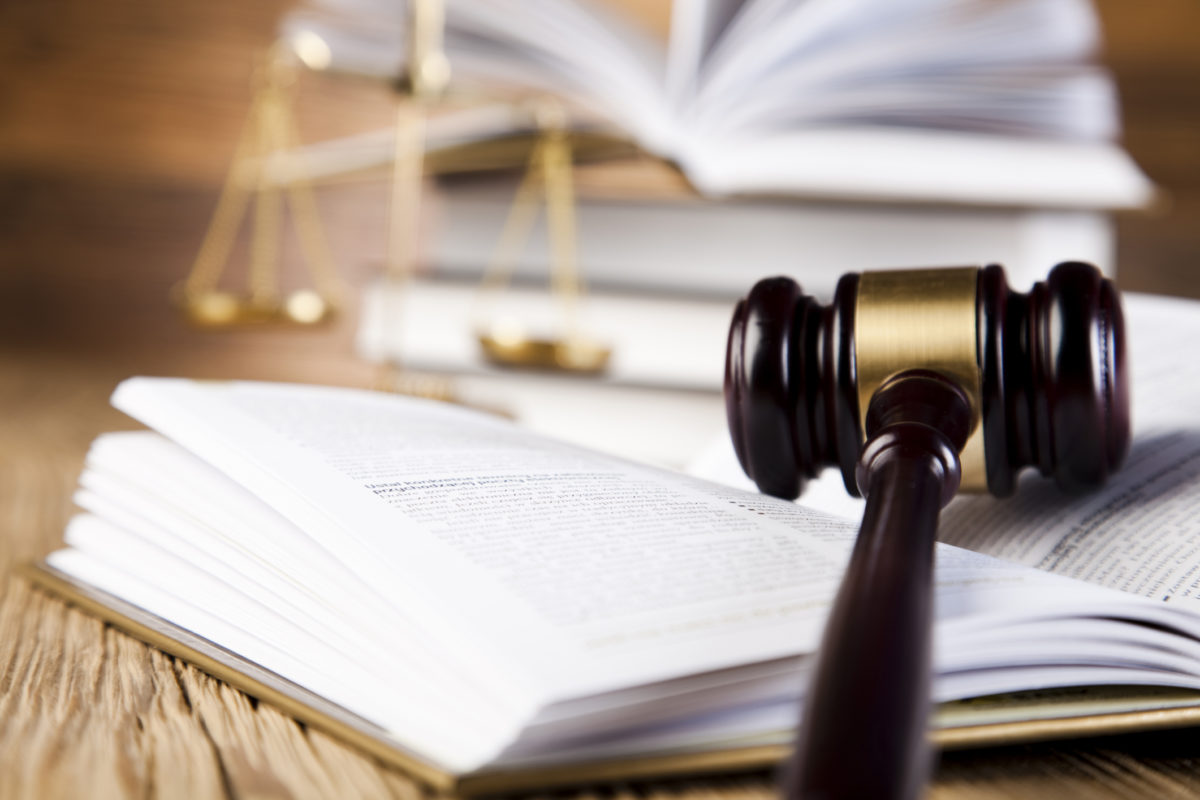
All property owners in the state of Pennsylvania are legally obligated to maintain their grounds. This requires ensuring that no hazards are present so that the people who come onto the property cannot be harmed. If the property conditions are not kept safe, accidents can happen that lead to serious injuries. This often causes significant physical, emotional, and financial burdens. Because of this, victims usually seek justice through premises liability lawsuits for these damages. When facing a serious injury sustained in an accident, you should always retain the services of an experienced Pennsylvania personal injury attorney.
What is Premises Liability?
When property owners fail to take care of their grounds, certain hazards can arise that pose a threat to people that come onto it. This can often lead to serious injuries as a result. When this happens, the injured party can hold the property owner liable for negligence under premises liability law. As long as your attorney can prove that the property owner breached their duty of care and that you were injured as a result, you should be entitled to financial compensation.
People who own property have a duty of care to those come onto their premises. To fulfill this duty of care, they must sufficiently maintain their grounds. This duty is required for all invitees or licensees. A licensee is a person invited onto the property for business or commercial reasons. An invitee is a person on the property for non-business or non-commercial reasons, including social events. In some cases, property owners may even owe a duty of care to trespassers. If a property owner catches a trespasser in the act and fails to warn him or her of any safety hazards present, such as a guard dog or otherwise, he or she may be held accountable for any injuries the trespasser sustains.
Case Examples
There are several ways in which an injury can occur as a result of a property owner’s negligence. The following situations are generally covered by premises liability law:
- Slip and fall accidents
- Dangerous conditions
- Defective security
- Inadequate maintenance
- Poor weather conditions
- Inadequate lighting
Proving Negligence
Those who wish to hold a property owner liable for their injuries should know that they must prove negligence to receive compensation. To do so, you and your attorney must demonstrate that the property owner knew, or should have reasonably known about the hazard that existed on their property and did not rectify the situation. Evidence such as medical documentation of the injuries, photos or videos of the hazard, witness testimonies, and more can help you do so.
The Statute of Limitations
As the coronavirus rapidly develops, making it more and more difficult for individuals to get out and see one another, hire an attorney, etc., it isn’t yet quite clear what will happen for certain people who were injured and waited to sue. The statute of limitations for personal injury claims in PA is two years, however, if your accident happened nearly two years ago, though you waited to sue to see if you healed, you did not heal, and you now wish to sue, it is hard to say how your potential lawsuit will be affected if courts close and we have to go under mandatory quarantine for a certain period of time. We can only hope that if this does happen, the state will opt to extend the statute of limitations for injured persons. When we know more, we will keep you posted.
Contact our Firm
Friedman Schuman Layser is an experienced and dedicated legal resource for clients throughout Pennsylvania. We proudly serve clients facing a wide range of legal matters. If you require the services of an effective attorney, please contact Friedman Schuman Layser today to schedule a consultation.